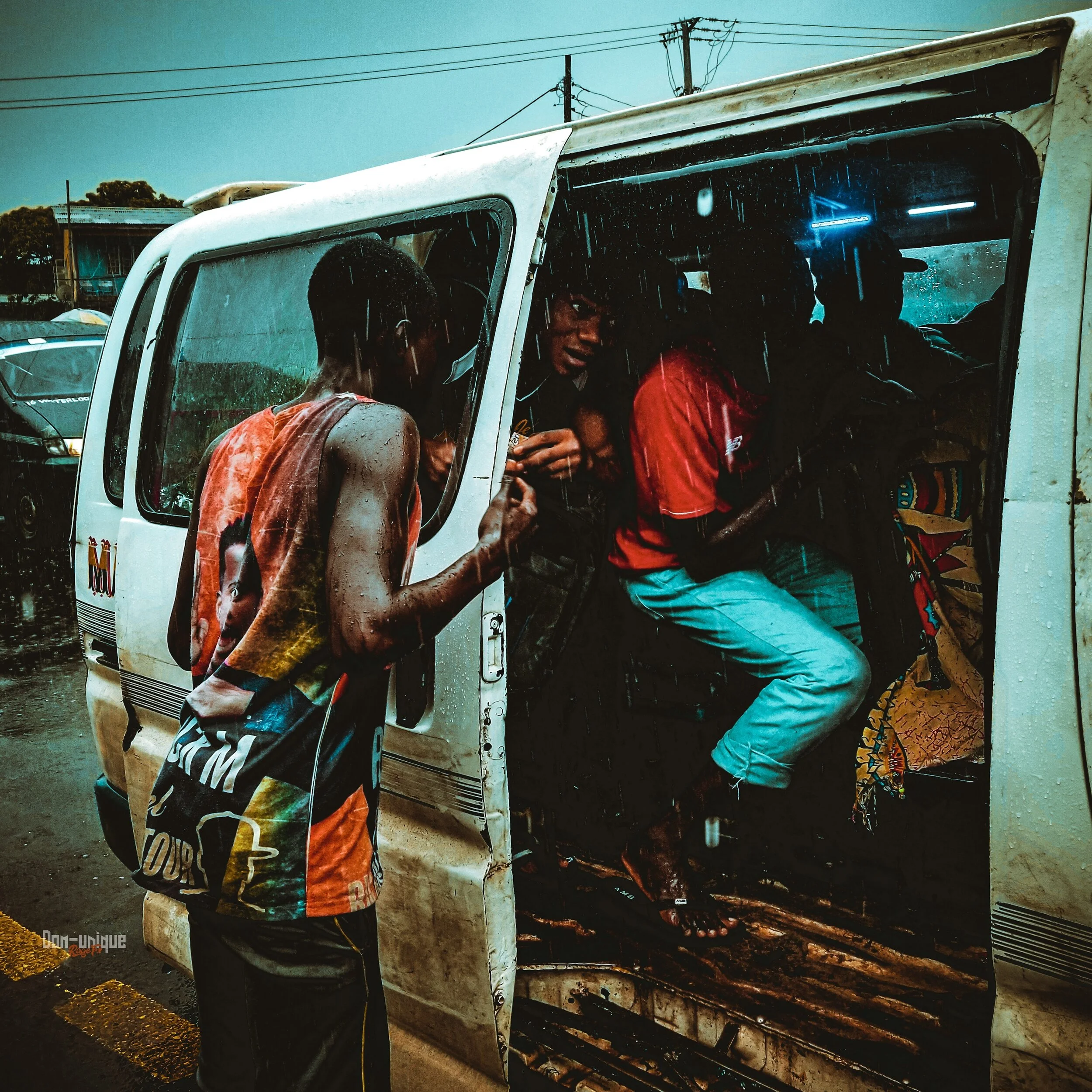Yema Lucilda Hunter’s Road to Freedom ( later republished as Seeking Freedom)* retells the story of the foundation and existence of the settler community in Sierra Leone. Considered her magnum opus, Hunter’s novel weaves the subtleties and realities of a migrant family into the descending air of characters’ search for identity. In the book, the Dixon family’s holy grail seemed eternally evasive and invariably unreachable, for what comes across as a benefit for a devout Christian family was the grant of a royal permit to freedom. Their liberty, ironically, cannot be shoehorned to a higher God, but tied to the scruff of a superior nation, the King’s United Kingdom. When Steinbeck highlighted America’s Dust Bowl condition in his celebratory treatise, The Grapes of Wrath, the writing of flight fiction and escapist literature blossomed to the global literary scene, permeating communities where oppression and repression forced families and individuals to flee their homes in search of greener pastures.
On a cross-continental scale, the equivalence of this is Road To Freedom as a family in silence and [in growth] yearn for their personal liberty which has been mortgaged on the hearthstone of politics and feud. Properly conceived of as historical fiction, the novel has at its core, the universal themes of quest for freedom, clash of cultures and identity crisis. Hunter presents a nuclear Nova Scotian family whose latter years would be spent in Freetown, Sierra Leone, as a settler group. They would be confronted with the harsh vagaries of a new land to wit, animosity from natives, inclement weather, lack of funds for survival, and struggle for an identifiable governance structure. Before that, they would have to bear the brunt of a neglected social contract etched between their forefathers and Great Britain—the well-known promise from Britain to formerly enslaved Africans who fought on their side in the venturesome American War of Independence. Their freedom was a drum roll, clipped by the ribbons of Her Imperial Majesty, and tethered to the uncompromising discretion of the British government.
The fictional figurehead character Brother Thomas Peters is a real personality whose contribution to the establishment of Freetown is as immeasurable and profound as his character role in the novel. He is the saviour of the Dixons and other freedom-hungry families in the novel whose unceasing vespers seek the benevolence of God in guiding his journey to England. Without any doubt, Hunter has elevated this side of Sierra Leone’s history to the reader’s sixth sense—instead of the dry and wry sale of historical accounts by historians, an emotional and cathartic flair has been laced into the story’s style and language. England-bound, Thomas Peter’s sojourn is presented in an enlivened episode; occasioning a frenetic outpour of wishes of good fortune, prayers for safe reach, and splenetic farewells from the aging to the aged. Suffice to say that the author’s willed desire to present such situations dovetails with our thirst for unbridled freedom, glorying in our environment where we can relate with society unrestrained. From economic independence to political autonomy, we will not balk at any chance that comes with such reprisals. The events are old, but the relevance must be told and rung in the minds of succeeding generations that revolutions and wars are imminent should our freedom be continuously seized; this, to the very least, is part of the author’s purpose in knitting this timeless revelation together.
Hunter’s motifs help parboil the exposure of her underlying messages. Death, broken promises, failed marriages, power struggle and prayers are the novel’s recurring issues which unfailingly culminate in its overall message, that freedom is exaggerated. Mankind, God’s insatiable being, is always on the move for more. Freetown was established in the late 18th century as a haven for liberated Africans, founded based on Christianity and carved on the path of Westernisation. Hunter leaves no stone unturned in rewriting this checkered history of a great nation through the perspective of the Dixon family who are subject of the vicissitudes of daily life in a new world. The author is adept at moulding into a literary block, the early developments which unsettled the Province of Freedom: from the struggle for land, the issue of quit rent, the uncertainty of company rule, sporadic immigrant rebellion, to British takeover and disruption of the administrative and legislative autonomy which was once the domain of local leaders in the settler community.
One would not chuckle at the writer’s language and characterisation. There are no conspicuously invidious characters who will make the reader wince; neither are there dominating characters who will eel the reader toward them by disregarding the other relevant bits and pieces of the story. Told from the first-person narrative, the facts of the story can seem manipulated by the narrator-cum-character Deanie Dixon. Whether the narration is exaggerated or not is a deliberate attempt by the author to compete with historians and political scientists who think and say a thing or two about the history of Sierra Leone.
In a nutshell, Yeama Lucilda Hunter, a Sierra Leonean of Afro-Caribbean descent, presents a realistic portraiture of a people flickering between distress and momentary delight in a new country.
*Editor’s note: Road to Freedom was later republished as Seeking Freedom. The book is now both known as Road to Freedom and Seeking Freedom.
Sulaiman Bonnie is a 2023 fellow at Poa-Poda Stories. He is a writer, law student and teacher. He lives in Freetown, Sierra Leone.
